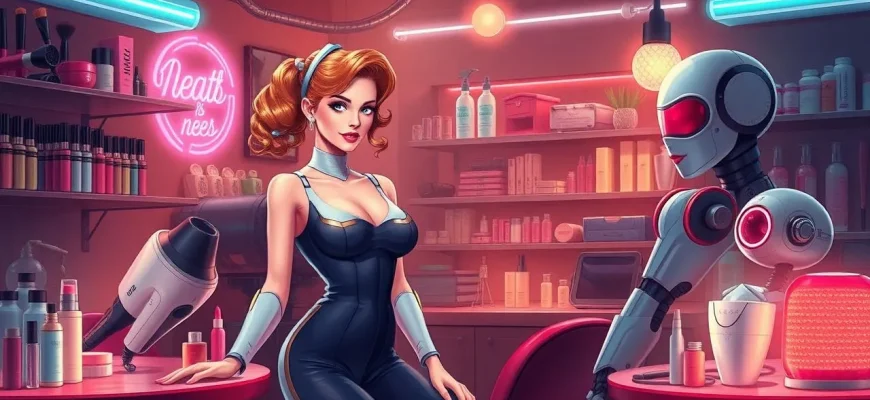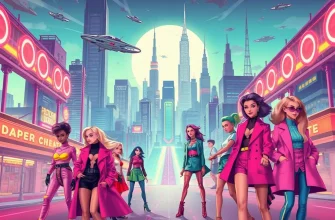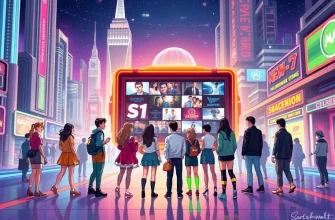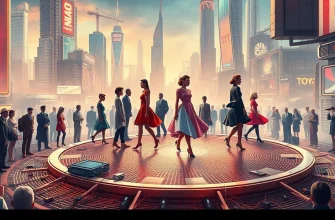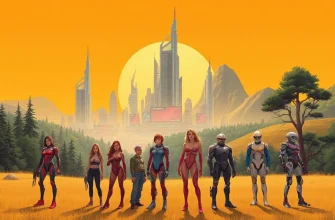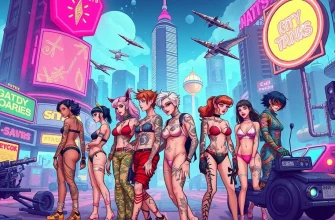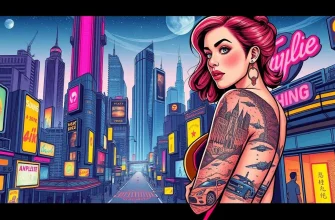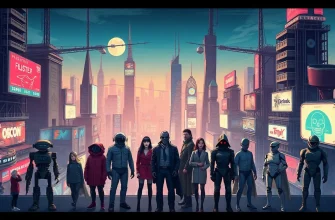Fancy a bit of futuristic flair in your beauty routine? Here's a curated list of 10 sci-fi films that delve into the world of beauty, exploring themes of vanity, technology, and transformation. From dystopian futures where beauty standards are taken to the extreme, to tales of identity and self-discovery through cosmetic enhancements, these films offer a unique lens on what it means to be beautiful in a world where technology reigns supreme. Whether you're a beauty enthusiast or a sci-fi aficionado, this collection promises to entertain and provoke thought on the intersection of beauty and science.

Gattaca (1997)
Description: In a genetically engineered society, beauty and physical perfection are predetermined, exploring the implications of genetic manipulation on beauty standards.
Fact: The film's title is a combination of the DNA bases guanine, adenine, thymine, and cytosine. The production design was inspired by the architecture of the 1930s.
 Watch Now
Watch Now

The Matrix (1999)
Description: While not explicitly about beauty, the film features a virtual reality where appearances can be altered at will, touching on the concept of beauty as an illusion.
Fact: The film's visual effects were groundbreaking, winning an Academy Award. The concept of "bullet time" was popularized by this film.
 Watch Now
Watch Now
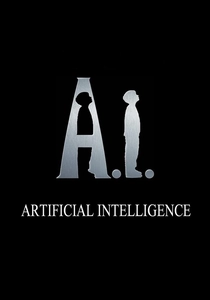
A.I. Artificial Intelligence (2001)
Description: While not directly about beauty, the film features a world where robots are designed to be aesthetically pleasing, exploring themes of artificial beauty and human emotions.
Fact: The film was originally conceived by Stanley Kubrick, but was directed by Steven Spielberg after Kubrick's death. The robot child, David, was designed to look like a real boy.
 Watch Now
Watch Now
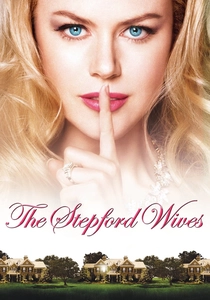
The Stepford Wives (2004)
Description: This remake explores a community where women are replaced by robotic versions designed to be the perfect, beautiful housewives, delving into the dark side of beauty standards.
Fact: The film's original 1975 version was a cult classic. The remake features a satirical twist on the original's themes.
 Watch Now
Watch Now

The Island (2005)
Description: Clones are raised in a facility where they are promised a chance to go to "The Island," but in reality, they are harvested for their organs. The film touches on the ethics of beauty and perfection through cloning.
Fact: The film was originally conceived as a much darker story, but was toned down for a broader audience. The sets were designed to look like a sterile, futuristic utopia.
 Watch Now
Watch Now
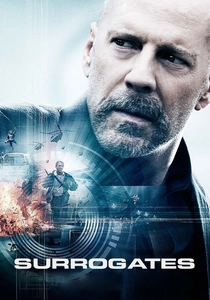
Surrogates (2009)
Description: In this film, people live through robotic surrogates that are perfect versions of themselves, exploring themes of identity, beauty, and the human desire for perfection through technology.
Fact: The film was based on a graphic novel by Robert Venditti and Brett Weldele. Bruce Willis had to act with a stand-in for his surrogate scenes.
 Watch Now
Watch Now
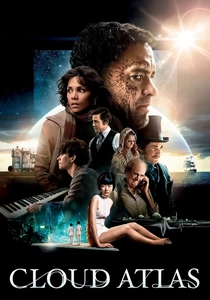
Cloud Atlas (2012)
Description: This epic tale spans multiple timelines, one of which features a futuristic society where beauty is commodified, and individuals can buy new faces and bodies. It explores the commodification of identity through beauty.
Fact: The film required extensive makeup and prosthetics, with actors playing multiple roles across different eras. The makeup team was nominated for an Academy Award.
 Watch Now
Watch Now
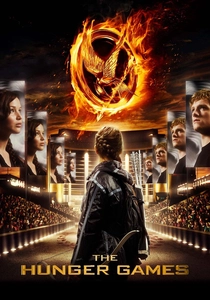
The Hunger Games (2012)
Description: In a dystopian future, beauty and fashion are tools of control and spectacle, with the Capitol's residents using extreme cosmetic enhancements to flaunt their status. The film showcases the grotesque lengths to which beauty standards can go.
Fact: The Capitol's fashion was inspired by Alexander McQueen's avant-garde designs. The film's makeup artist, Ve Neill, won an Academy Award for her work.
 Watch Now
Watch Now
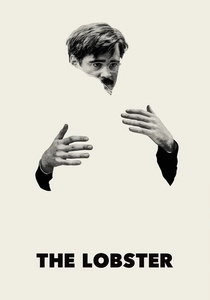
The Lobster (2015)
Description: In this absurdist film, singles must find a romantic partner within 45 days or be transformed into an animal of their choice, exploring themes of conformity, beauty, and societal expectations.
Fact: The film's title refers to the protagonist's choice of animal transformation. The film was shot in Ireland, with the hotel setting being a real location.
 Watch Now
Watch Now

Brazil (1985)
Description: This dystopian satire features a world where bureaucracy and technology dominate, and beauty is often superficial, used as a means of control and conformity.
Fact: The film was inspired by George Orwell's "1984" and Franz Kafka's "The Trial." The production design was heavily influenced by Terry Gilliam's surrealistic vision.
 30 Days Free
30 Days Free

